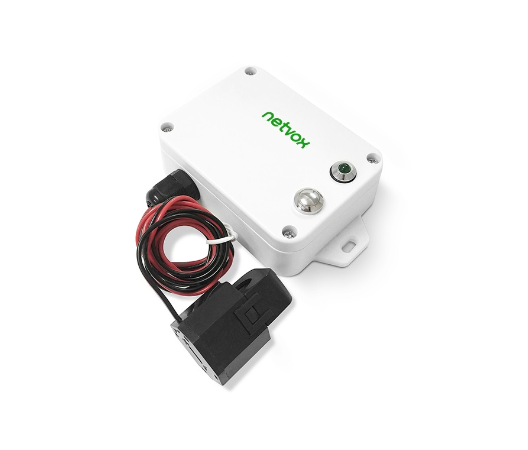The IoT is creating new job opportunities and changing the nature of work.
Internet of Things (IoT) is not only transforming industries and businesses but also creating new job opportunities and changing the nature of work. With IoT, devices can communicate with each other and collect and analyse data to automate processes, reduce costs, and enhance productivity. This technology is revolutionising industries such as manufacturing, logistics, and retail, which are seeing the emergence of new jobs and the transformation of existing roles.
How does IoT make an impact in those industries?
Manufacturing
Manufacturing is one of the industries most impacted by IoT. Smart factories are becoming more common, and with them, the need for workers with skills in automation, data analysis, and programming. IoT is enabling manufacturers to automate tasks such as quality control, inventory management, and predictive maintenance, which means that workers will need to be trained in the use of new technologies to adapt to these changes.
Logistics
The logistics industry is also being transformed by IoT, which is improving supply chain management, reducing delivery times, and enhancing customer experiences. The use of sensors, RFID tags, and other devices is enabling logistics companies to track products in real-time and optimise routes, inventory levels, and delivery schedules. This has created new job opportunities in areas such as data analysis, logistics planning, and software development.
Retail
Retail is another industry that is being impacted by IoT, which is enabling retailers to create personalised experiences for customers and optimise store layouts and product displays. With IoT, retailers can collect data on customer behaviour and preferences, and use this information to offer targeted promotions and recommendations. This has created new job opportunities in areas such as data analysis, marketing, and customer service.

How is IoT changing the nature of work?
IoT is enabling businesses to collect and analyse data in real-time, leading to the emergence of new job roles such as data analysts, IoT architects and cyber security specialists. Workers will need to be skilled in new technologies such as automation, data analysis, and programming to adapt to these changes. IoT is also leading to the integration of artificial intelligence and machine learning, which is creating new opportunities for automation and reducing the need for manual labour.
The nature of work is also being changed by IoT in terms of work flexibility. With IoT, workers can be connected to their workplace from anywhere, enabling remote work and increasing the demand for virtual collaboration tools. This is leading to the emergence of new job roles such as virtual project managers and remote team leaders.
Conclusion
In conclusion, IoT is creating new job opportunities and changing the nature of work in industries such as manufacturing, logistics, and retail. Workers will need to be adaptable and skilled in new technologies such as automation, data analysis, and programming. However, IoT is also creating new opportunities for innovation and growth, making it an exciting time for businesses and job seekers alike.







